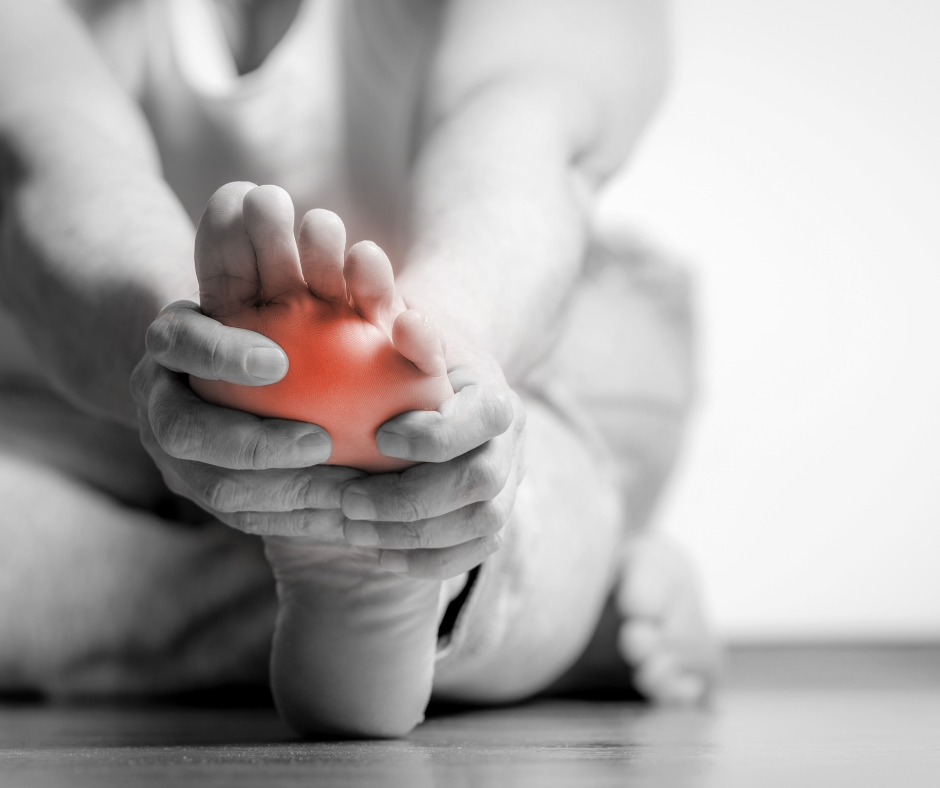
Just this year, over 200,000 Americans will be diagnosed with Morton’s neuroma. Despite how common it is, some still aren’t aware of the condition and its effects on your feet. Morton’s neuroma is a nerve disorder that affects the toes, creating pain and difficulty walking. It can be difficult to manage and treat, but there are ways you can relieve your pain. Here’s everything you need to know about neuroma.
Do You Have It?
When the tissue around the nerves leading into your toes gets thick, it leads to pain. Other signs you may have Morton’s neuroma include…
- Feeling as though there’s a rock or pebble in your shoe.
- Numbness, stinging, or tingling in your toes.
- Burning pain in the ball of your foot (the feeling could radiate into your toes, too)
- Lump in the sole of your foot.
Oftentimes, rubbing your feet or taking off your shoes might help relieve these symptoms.
Where Does It Come From?
Morton’s neuroma is typically caused by a specific injury or irritation. Some of the most common ways you can develop it are by:
- Wearing high heels or uncomfortable shoes
- Participating in high-impact sports or sports that require tight-fitting shoes, like running, rock climbing, or ballet
- Having hammertoes
- Having high arches
- Having flat feet
- Having bunions
Call Your Podiatrist
If you’re experiencing any symptoms of neuropathy, there are some immediate home tricks you can try to relieve some of your pain. Try these methods out to see if you find relief:
- Massaging your foot
- Wearing shoes that fit well
- Taking anti-inflammatory medications
- Icing your foot
- Discontinuing any sports or activities that worsen your symptoms.
If you’ve tried these methods and are still experiencing pain, it’s important to contact your podiatrist as soon as possible! Morton’s neuroma can worsen if you leave it untreated. It can also come back again after treatment, which is why it’s necessary to properly treat it correctly the first time around.
Treating Your Feet
Once you see your podiatrist, they’ll be able to offer some treatment options. Here are some of the most common ones you’ll likely be recommended:
- Arch supports or foot pads.
- Custom orthotics
- Injection therapy
- Decompression surgery
- Removing the nerve
Have any questions about neuropathy and your feet? Call our office today and ask about it. Dr. Ryan L. D’Amico, Dr. Donal M. Erickson, Dr. Keith Sherman, Dr. Anne-Louise Smith, Dr. Justin Muser, and the rest of the staff at Syracuse Podiatry in East Syracuse, New York, can help treat and care for your feet. Call us at 315-446-3668 or make an appointment online to get help today.
